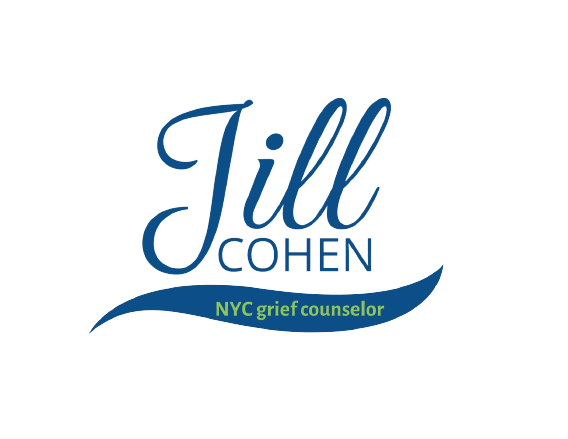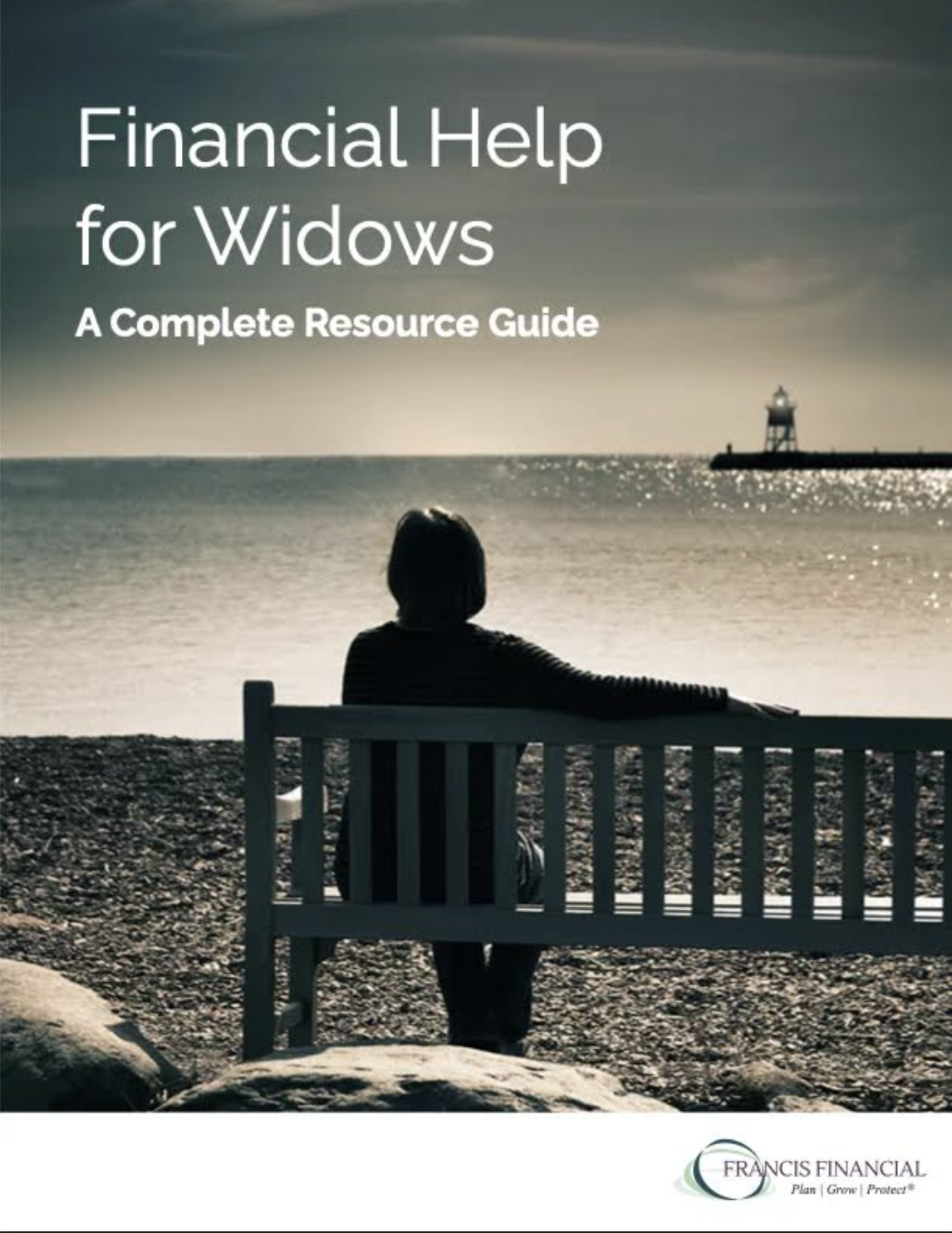Widows and Finances: Financial Overwhelm For Some; Finding Free Financial Help For Others
8 Minute Read
Photo by Alexander Mils on Unsplash
Navigating Finances as a Widow
Consider that, according to the U.S. Census Bureau in a May 2021 report, the median age a woman becomes a widow is 59.4 for a first marriage and 60.3 for a second marriage. Half of widows over 65 will outlive their husbands by 15 years. Eighty percent of men die married, yet 80% of women die single.
Losing a spouse is known to be the biggest life stressor. Another one that ranks high as a life stressor is money. Widows often find the financial aspect to be the hardest part in terms of the “business” side of the death. It can contribute to an ongoing grief that yields a steady level of anxiety.
This is exactly why I sit with widows of ALL Ages in my grief counseling sessions and hear repeatedly just how complicated the financial part of their grief experience can become.
The amount of money is not the only factor
And this is true whether there is a LITTLE money at stake or a LOT of money. Finances are still a tricky, sometimes messy experience for the newly bereaved wife, though the circumstances and specifics will be different in each circumstance.
In fact, the financial trauma faced by widows can equal the emotional trauma, which is why it is most important for widows to take the correct financial steps after the death of a spouse.
Photo by Ravi Patel on Unsplash
For some widows, it was their husband who handled the bill-paying, investing, and budgeting. It may be the husband who kept his eye on the upward and downward trends of their savings. In this case, the widow might feel as if she is starting from scratch, with a massive project that is inherently new and feels foreign to her and well beyond her capability.
Photo by Fabian Blank on Unsplash
There are also some women who manage almost all the everyday household expenses, but don’t lean into the long-term aspect of their finances, such as financial planning and investment decision-making on their own. If their spouse had a financial advisor, the wife may not even know him or her. And even if a widow does know the advisor, she still may prefer to find her own to fit her needs and with whom she can establish her own relationship.
These widows have the day-to-day tools to keep their records afloat, but may lack the experience in looking at the “big picture” of the finances and even knowing how much she need to save for life planning.
Helpful resources for moving forward
Here is the link to an article I find particularly helpful. It appeared in the Kiplinger Newsletter and was written by Stacy Francis, a nationally renowned financial expert and owner and founder of Francis Financial, Inc. She is also the founder of the non-profit, Savvy Ladies.
Do you want to learn how to go the next step in finding the right team of professionals to get you started in a forward direction? Here is a link to an op-ed from CNBC about how a widow should be advised to handle her finances.
Picking up the pieces WITH support
The most important part of picking up the financial pieces after the death of a spouse is to make sure to obtain professional guidance from someone who is trusted, offers a reasonable fee structure, and gives honest, intelligent advice, and has the experience, particularly with women or widows and understands their specific needs. Choosing a financial advisory is discussed in the links to the articles above.
Now, the big reveal:
Here’s how to get your financial questions answered free of charge when you’re in that frenzy of “I don’t know what to do.” Or “I don’t know what this means.”
SAVVYLADIES.ORG is one of the most valuable nonprofit agencies that widows can know about. It is dedicated to providing free financial education to women.
Would you believe me if I told you that you can get answers to your questions about finances free of charge?
It’s true.
SAVVYLADIES (SAVVYLADIES.ORG) teams women with female financial advisors on a free helpline to get their questions answered professionally and accurately.
It’s a fantastic opportunity for those widows stuck in a “what do I do next?” scenario when they don’t even know what questions to ask first about getting their questions about checking accounts, IRAS, investments, stocks, or any other financial question.
The mission of SavvyLadies is to empower women to move forward financially through FREE financial education, providing a safe place for women to learn and grow financially. This organization provides access to unbiased, independent advice by certified professionals for all women ages 18+ and all backgrounds.
Their experts can answer questions about divorce and money, family finances and small business planning, budgeting, and debt management (including credit cards), retirement and investing/saving, school loans, career financial planning, home/rental financial arrangements.
How to capitalize on this opportunity:
You simply go to their website www.savvyladies.org and follow the instructions to use the helpline.
Even more resources for widows:
Another organization, Wings For Widows, offers many resources to help widows figure out next steps to get on stronger footing after the loss of their space. Its mission is about “guiding widowed persons to financial wellness.” Here is the link to their organization. It’s well worth taking a look.








